French proposal rips Islamic ‘separatism’
PARIS — President Emmanuel Macron, trying to rid France of what authorities call a “parallel society” of radical Muslims thriving outside the values of the nation, laid out a series of measures on Friday in a proposed law that would disrupt the education, finances and other means of indoctrination of the vulnerable.
Macron has coined the term “separatism” to describe the underworld that thrives in some neighborhoods around France where Muslims with a radical vision of their religion take control of the local population to instill their beliefs.
Macron stressed in a speech that stigmatizing French Muslims would be falling into a “trap” laid by radicals. He blamed France itself for organizing the “ghettoization” of a population that could easily fall prey to the preaching of those whose goal is to substitute their laws for those of the nation, and reiterated that secularism is the “cement” of France.
He spoke in Les Mureaux, a working-class town west of Paris, after meeting with the mayor, Francois Garay, who is largely credited with building projects that help bring the Muslim population into the mainstream. He said that 70 people from the region of Les Yvelines, where the town is located, traveled to Syria and Iraq.
Macron’s gave his speech while a trial is underway in Paris over the deadly January 2015 attacks on satirical newspaper Charlie Hebdo and a kosher supermarket by French-born Islamic extremists. Last week, a man from Pakistan stabbed two people near Charlie Hebdo’s former offices in anger over its publication of caricatures of the Prophet Muhammad. Macron noted both cases.
The president laid out a five-point plan aimed at upending the world that lets those who promote a radical brand of Islam thrive, notably via associations or home schools that steep members and students in radical ideology.
France has the largest Muslim population in Western Europe with up to 5 million members, and Islam is the country’s No. 2 religion.
The proposed bill, which would go to parliament early next year, would require all children from the age of 3 to attend French schools, and allow distance learning only for medical reasons. Associations, which receive state funding, would be made accountable for their spending, their sometimes invisible leaders and be forced to reimburse misused funds.
Macron called France’s schools “the heart of secularism [where] children become citizens.”
Authorities contend that the vector for inculcating Muslims with an extremist ideology was once the mosque but, today, the main vector is schools.
The proposed measures nevertheless address mosques, which Macron said are sometimes subject to hostile takeovers, as well as imams to keep houses of prayer and preachers out of the control of people who use religion for their own ends.
“In a few days, you can see radical Islamists…take control of associations [running mosques] and all their finances. That won’t happen again,” the French president said.
“We’re going to install an anti-putsch system, very robust, in the law,” Macron said without elaborating.
The bill, which is to be sent to religious leaders for review this month, also includes putting a gradual end to the long-standing practice of importing imams from elsewhere, notably Turkey, Algeria and Morocco, and instead training imams in France to assure there are enough. A Muslim organization that serves as an official conduit to French leaders is to take part in the project.
The rector of the Grand Mosque of Paris cautioned against mixing all Muslims in France with the “separatism question.”
“For those who let it be believed that Islam is Islamism, and the reverse, there is indeed a distinction between the Muslim religion and the Islamist ideology,” Chems-Eddine Hafiz wrote in a commentary in the newspaper Le Monde.
However, the rector threw his support behind the initiative — on condition it’s not used as a communications gadget.
For Macron, a perverse version of the religion has penetrated French society, including public services, from Paris’ Charles de Gaulle airport to the transport system. He said some bus drivers have been known to bar women with short skirts from getting aboard.

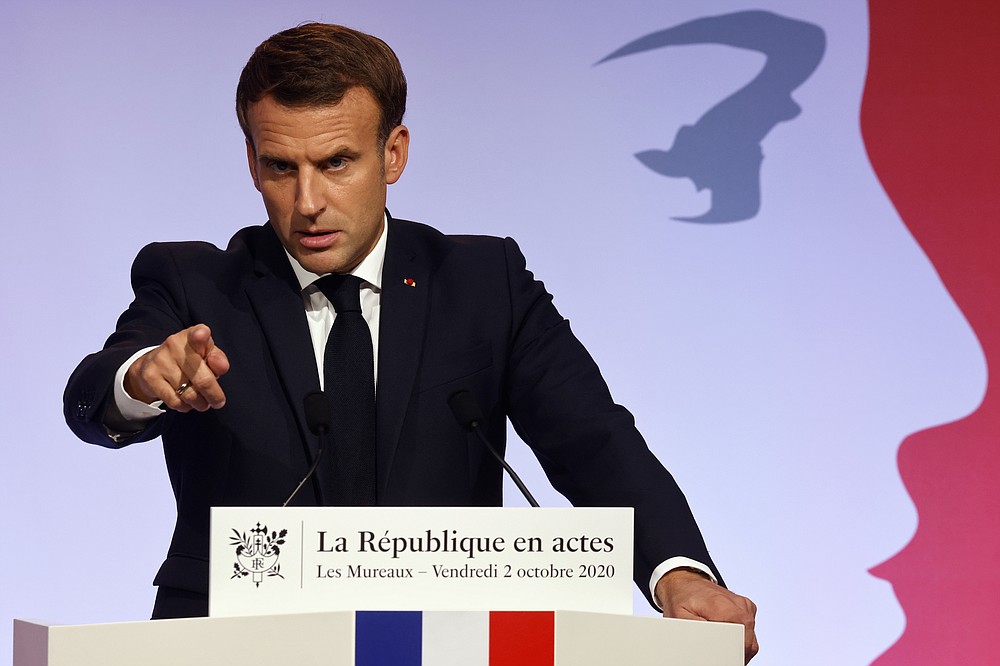
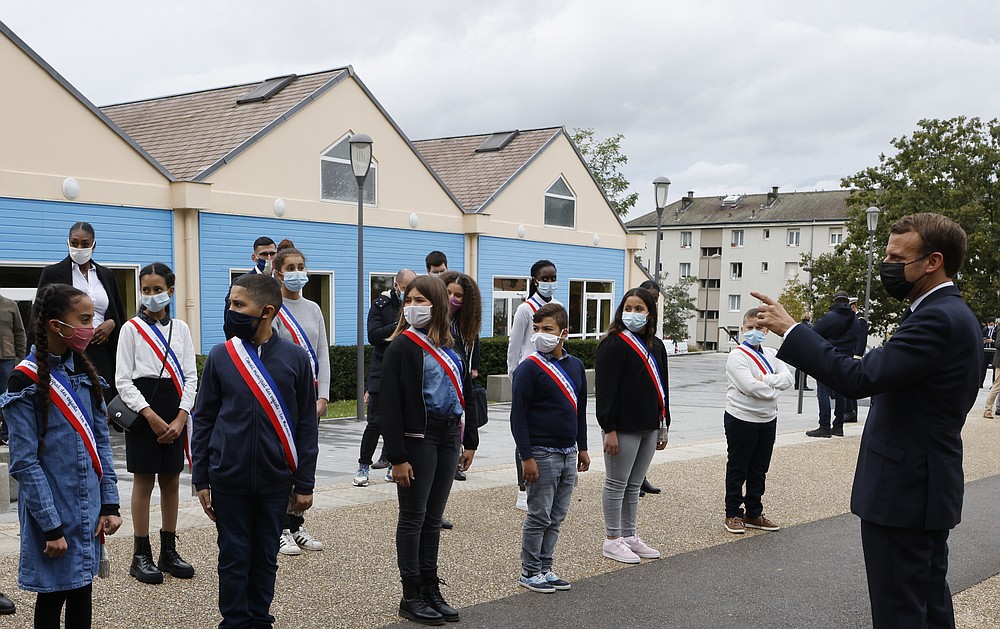


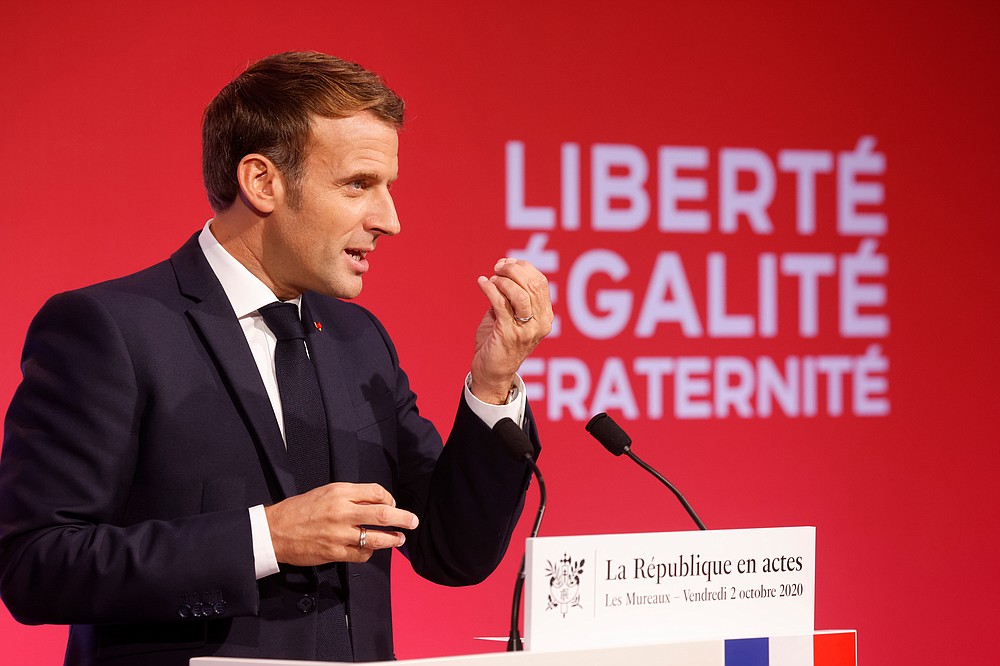


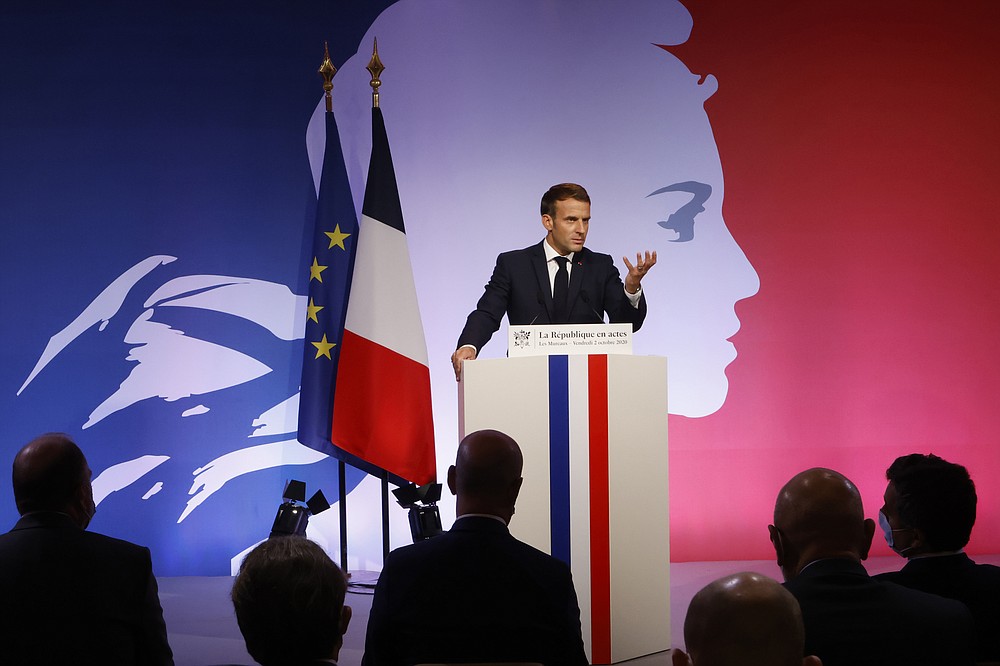

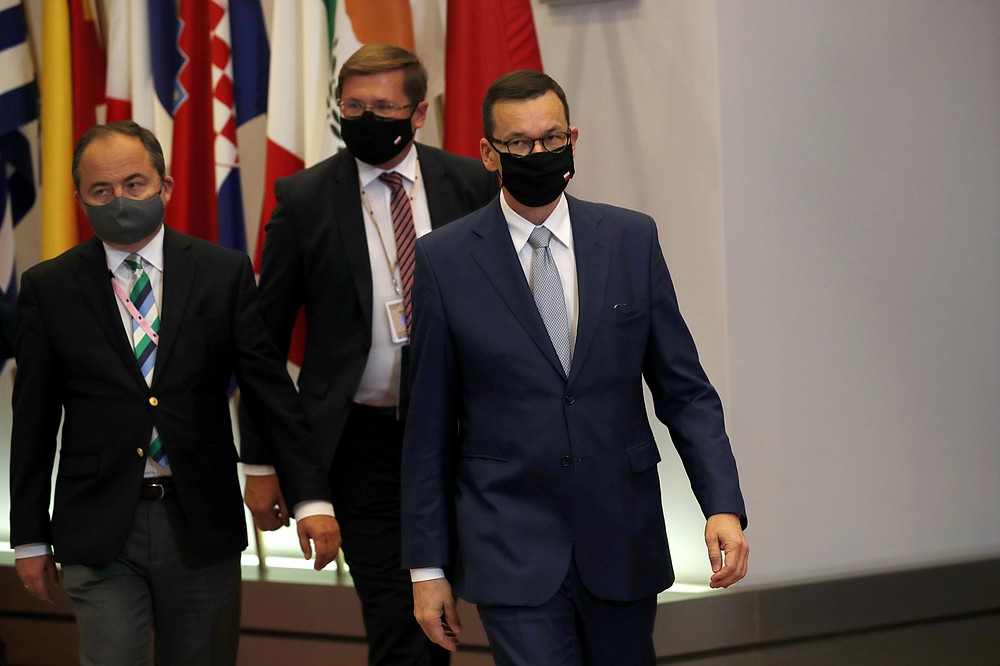
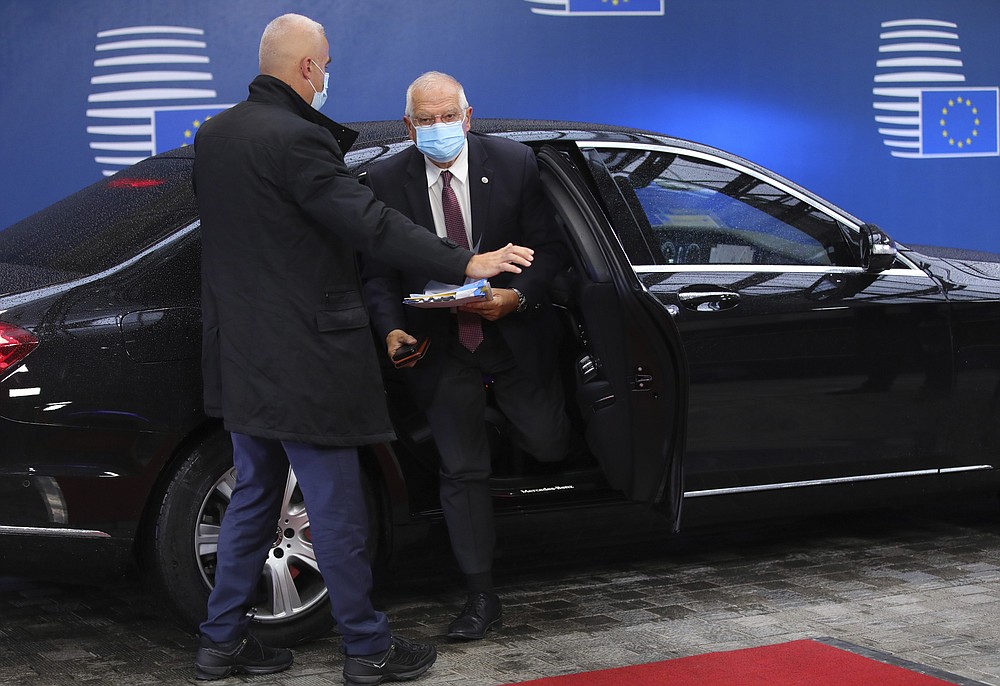
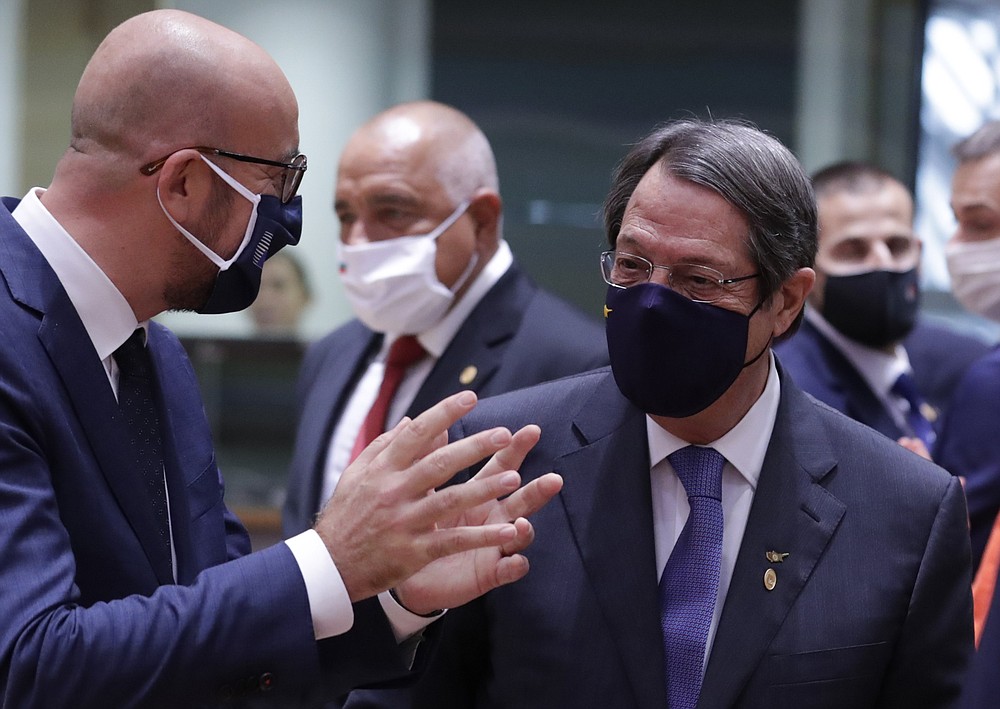
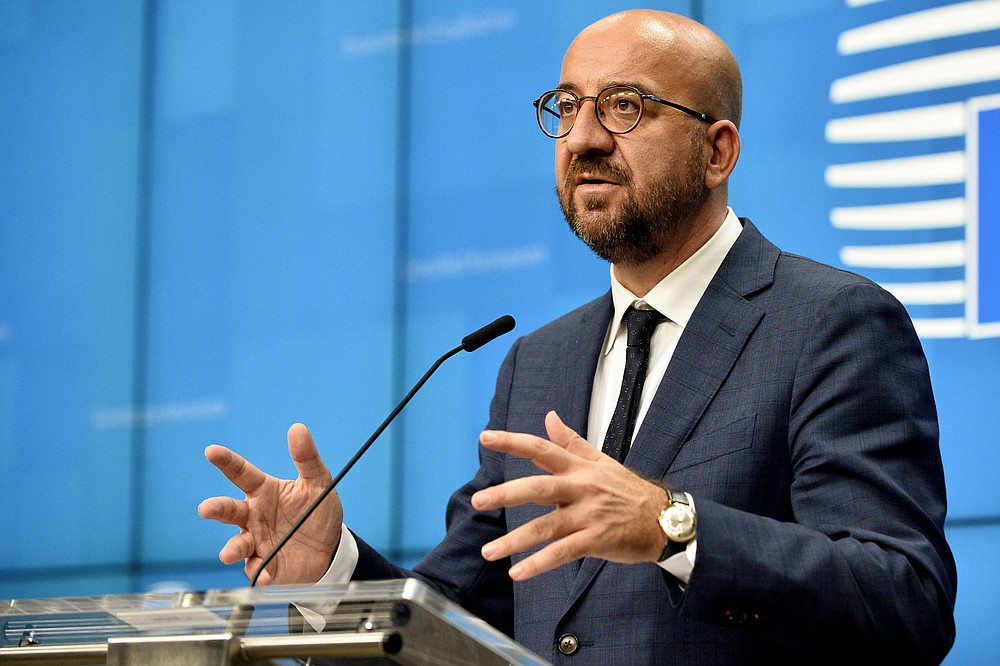
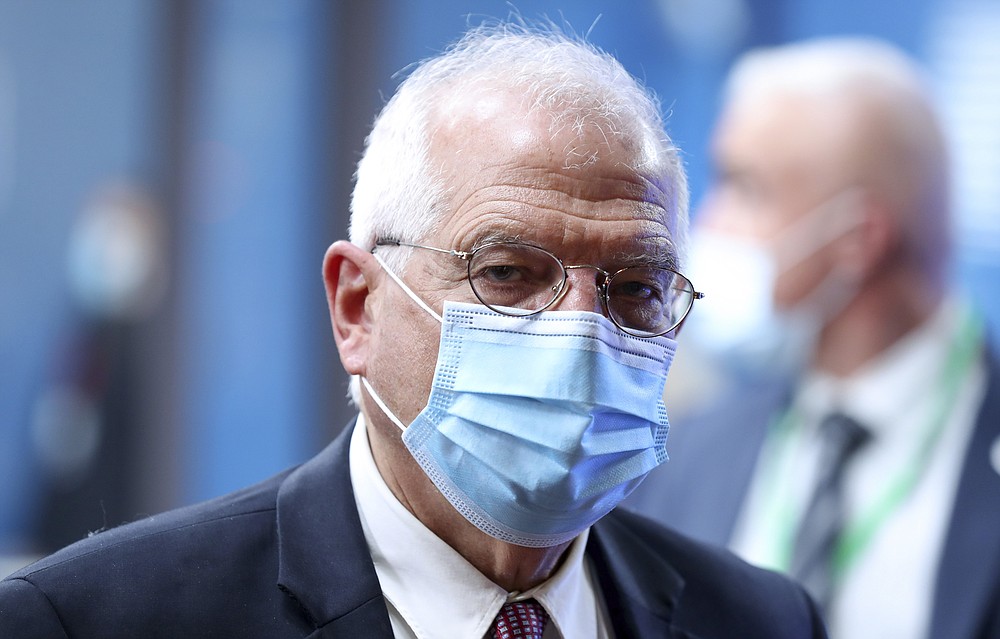
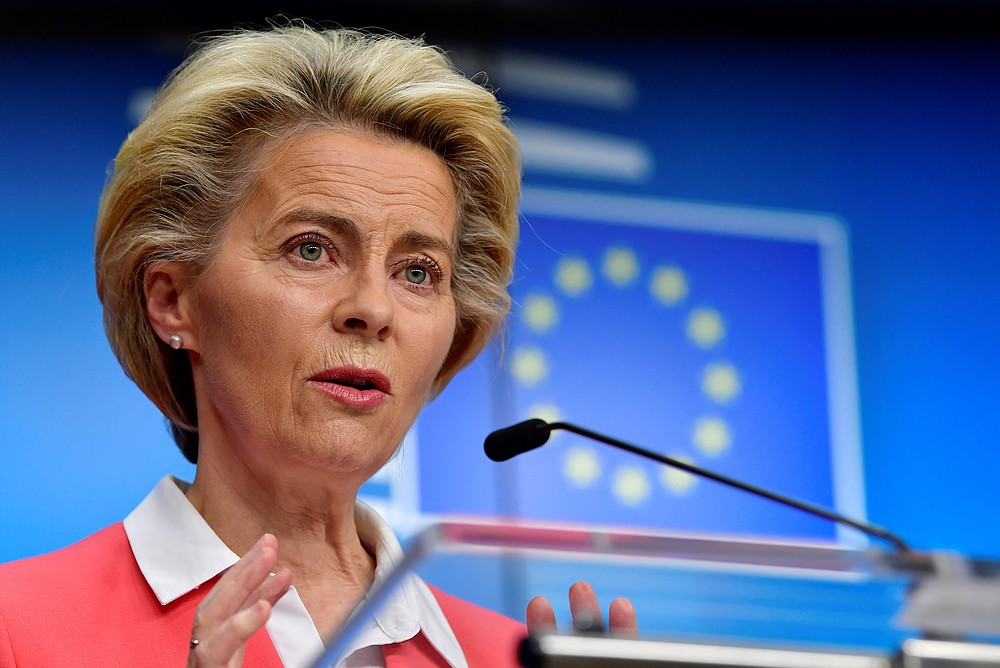
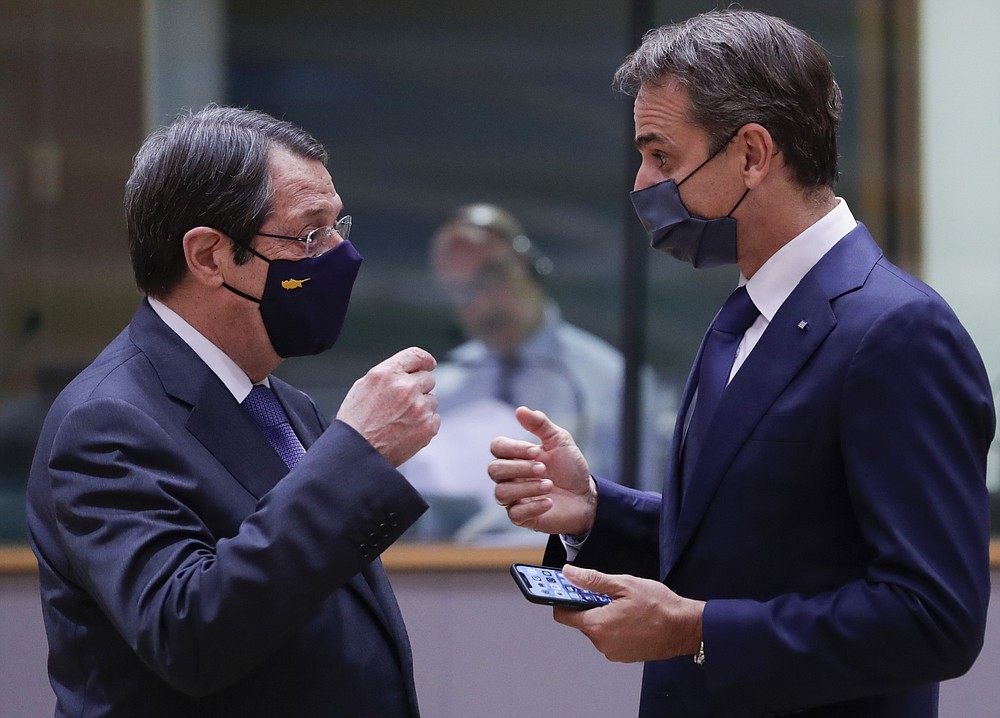
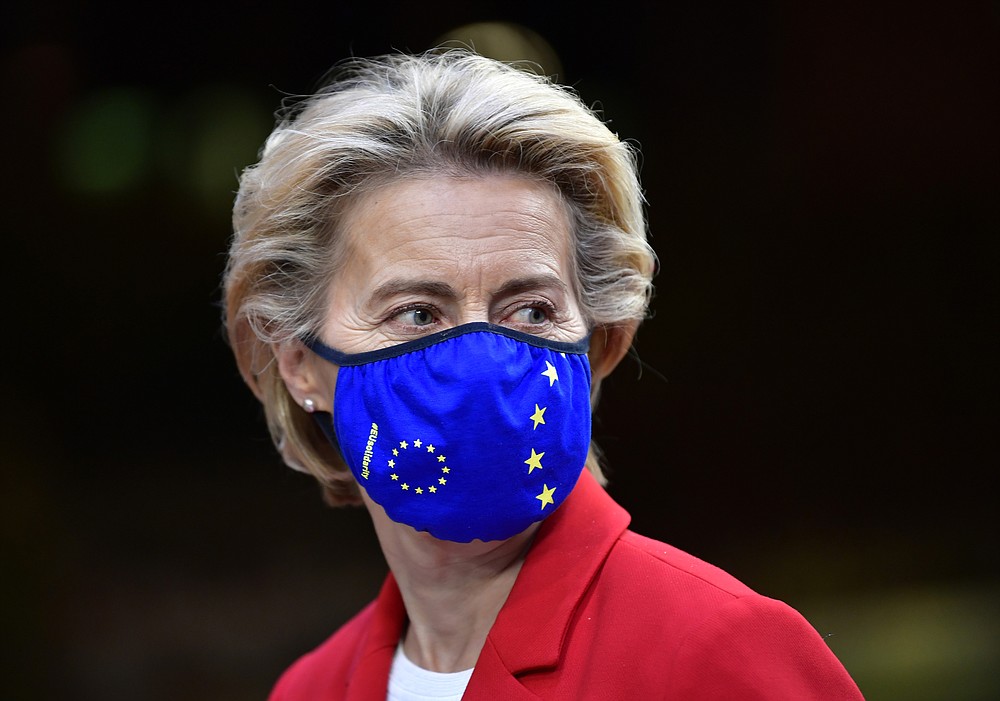
 NUR-SULTAN. KAZINFORM As part of the European Union Climate Diplomacy activities and #EU4GreenKZ campaign, the European Union Delegation in Kazakhstan jointly with EU Member States and with the support of Nur-Sultan Mayor Office organized a tree-planting event at the EXPO site of Nur-Sultan city on September 30.
NUR-SULTAN. KAZINFORM As part of the European Union Climate Diplomacy activities and #EU4GreenKZ campaign, the European Union Delegation in Kazakhstan jointly with EU Member States and with the support of Nur-Sultan Mayor Office organized a tree-planting event at the EXPO site of Nur-Sultan city on September 30.

